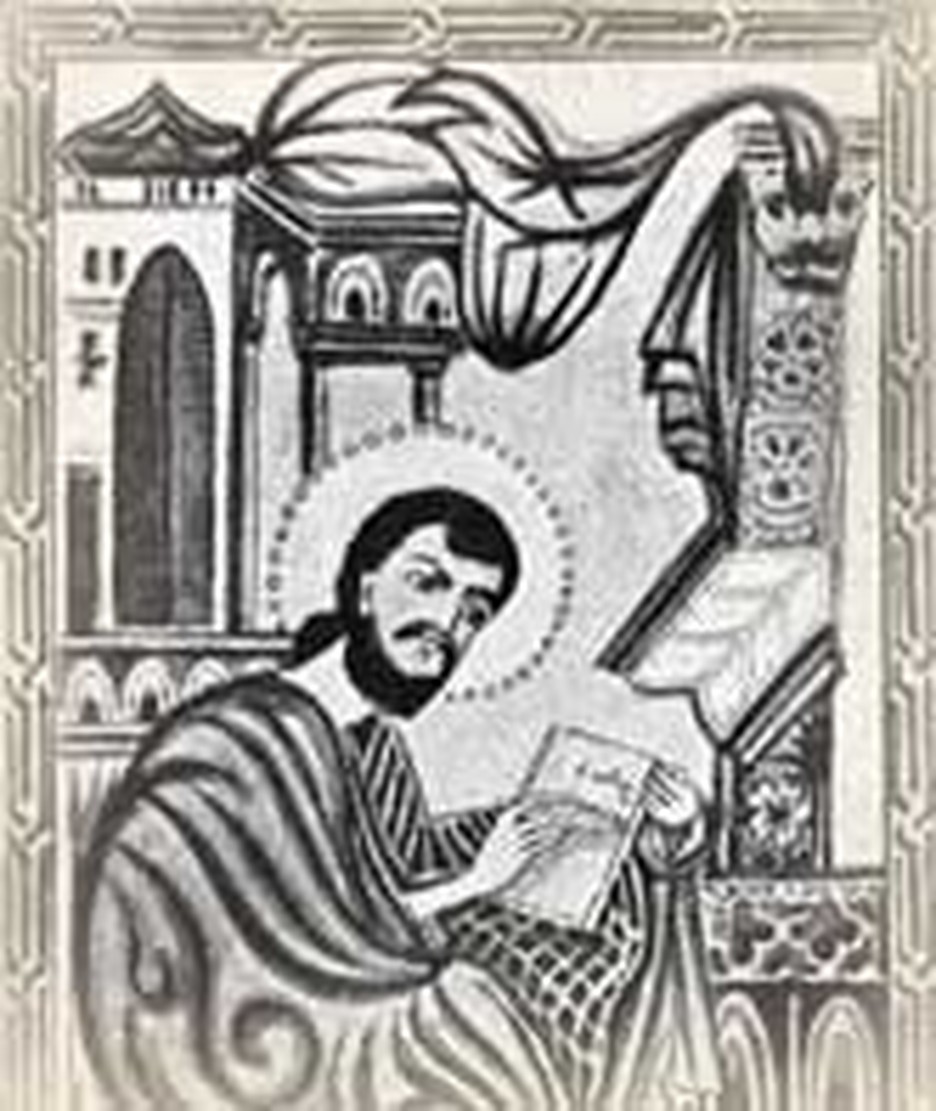
The Evangelist St. Luke was a native of Antioch in Syria, and by profession a physician; and it is the general opinion of most ancient historians with the art of painting.
After our Lord’s ascension into heaven, he spent a great part of his time with St. Paul, whom he accompanied to various places, and greatly assisted in bringing over proselytes to the Christian faith. This so endeared him to that apostle, that he seems delighted with owning him for his fellow-laborer, and in calling him “the beloved physician,” and the “brother whose praised is in the gospel.”
St. Luke preached the gospel with great success in a variety of places, independent of his assisting St. Paul. He traveled into different parts of Egypt and Greece, in the latter of which countries the idolatrous priests were so incensed against him that they put him to death, which they effected by hanging him on the branch of an olive-tree. The anniversary of his martyrdom is held on the 18th of October.
St. Luke wrote two books for the use of the church; namely his Gospel, and the Acts of the Apostles. Both these he dedicated to Theophilus, which many of the ancients suppose to be a feigned name, denoting a lover of God, a title common to all sincere Christians. But others think it was a real person, because of the title of “most excellent” is attributed to him; which was the usual form of address, in those times, to princes, and other distinguished characters.
His Gospel contains the principal transactions of his life of our blessed Redeemer; and in his Acts of the Apostles, which it is probable he wrote in Rome about the time of material actions of the principal apostles, especially St. Paul, whose activity in the cause of Christ made him bear a very great part in the labors of his Master; and St. Luke, being his almost constant attendant, was consequently capable of giving a more full and satisfactory account of them than any other of the apostles.
In both these treatises his manner of writing is exact and accurate; his style noble and elegant, sublime and lofty, and yet clear and perspicuous, flowing with an easy and natural grace and sweetness, admirably adapted to an historical design. In short, as an historian he was faithful in his relations, and elegant in his writings; as a minister, careful and diligent for the good of souls; as a Christian, devout and pious; and to crown all the rest, he laid down his life in testimony of the gospel he had both preached and published to the world.
Resources: This story is adapted from John Kitto's 1870 History of the Bible and represents the commonly accepted views about this apostle among rank and file believers in the late 19th century.


